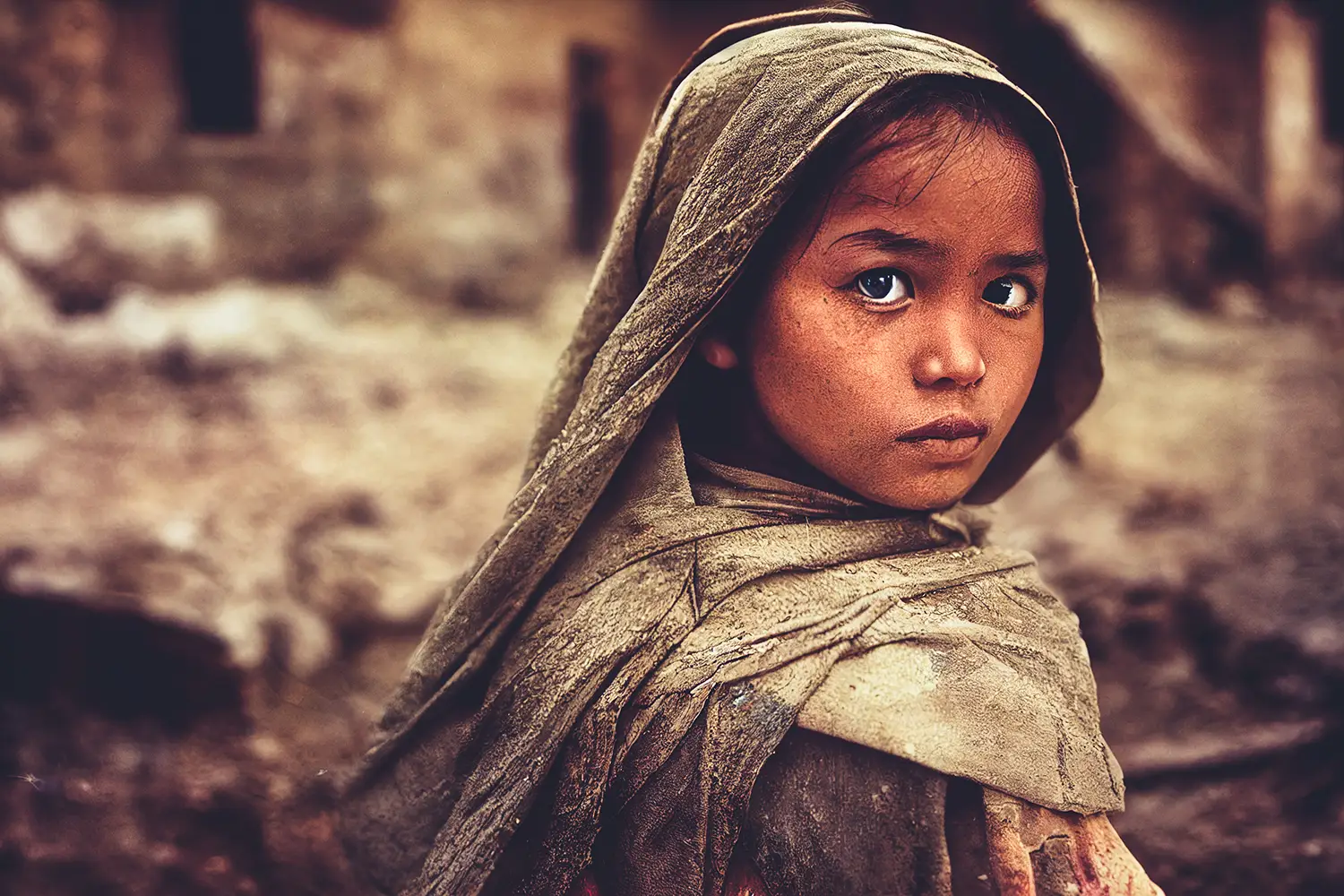The global refugee crisis continues to be one of the most pressing challenges facing the international community. With millions of people displaced from their homes due to conflict, persecution, and other factors, finding sustainable solutions to this complex problem remains a top priority.
One of the main challenges associated with the refugee crisis is the sheer scale of the problem. There are currently an estimated 26 million refugees worldwide, and the numbers are only expected to grow in the coming years. This has put a significant strain on resources and infrastructure in countries that are hosting large numbers of refugees.
In order to address the crisis, there is a need for a coordinated and multilateral approach that involves governments, non-governmental organizations, and the private sector. This includes providing more funding for humanitarian assistance, increasing support for refugee resettlement programs, and addressing the root causes of displacement.
Another key issue is the need for greater cooperation and burden-sharing among countries. Many countries that are currently hosting large numbers of refugees are struggling to cope with the influx, and there is a need for other countries to step up and provide support. This includes providing financial assistance, offering resettlement opportunities, and supporting programs that promote self-reliance and economic empowerment for refugees.
Ultimately, finding solutions to the global refugee crisis will require a long-term commitment from the international community. By working together and taking a comprehensive approach, we can help to address the immediate needs of refugees while also addressing the underlying causes of displacement and building more sustainable solutions for the future.


 Hotnews is a popular website featuring news from various fields, such as politics, business, sports, and entertainment. The site publishes current information and reports on topics important to society. Readers can also find expert commentary and analysis as well as videos and photos illustrating the events being discussed. Hotnews is a valuable source of information for those who want to stay up-to-date with the latest news.
Hotnews is a popular website featuring news from various fields, such as politics, business, sports, and entertainment. The site publishes current information and reports on topics important to society. Readers can also find expert commentary and analysis as well as videos and photos illustrating the events being discussed. Hotnews is a valuable source of information for those who want to stay up-to-date with the latest news.









